Human numbers are projected to swell to 9 billion and 90% of large fish have been extracted from the ocean, it is clear that to stop fisheries terminally collapsing all of us are going to have to eat less fish. However, it is vital to realise that each of us making this ethical choice will not, in and of itself, be enough to stop the over-fishing driving the death of the oceans. Corporations are pulling the most fish from the sea. To stop them we need laws to limit their activities. Wild species need space to live, so just like on land we need large wild areas protected from human interference. The excellent video above outlines how such agreements come into being. I was disturbed when i checked out the comments underneath True Activists posting of the video. The most liked comment read “you could waste your time talking to politicians.. or you could just stop eating fish..”  I think this shout out strikes to the core of our challenge - it is not just ourselves we need to worry about - there is everybody else as well. The human superorganism isn’t just the sum of its parts just like an ant colony is more than just a lot of ants. Novel functions emerge out of the complex interaction of differentiated parts. 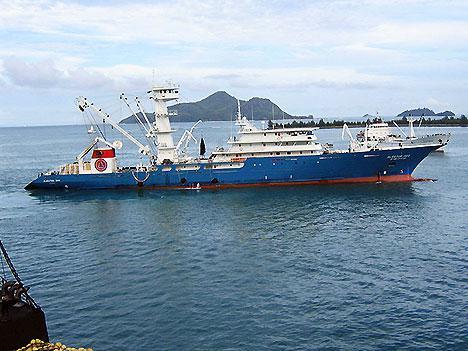High-tech, corporate fishing fleets navigate by satellite are partly funded by governments and generate wealth for shareholders. A reduction in demand for their product in one market is not going to stop them. They will just increase sales in other markets, create new products, aggregate demand or genetically engineer “super-pigs” that grow twice as fast when fed congealed fish balls. Corporations don’t back off. They only move forward and those at the wheel only want to move faster. The threat of a complete and devastating collapse of global fisheries requires us to consider the worst. If fishing fleets continue to extract fish at existing rates we will see extinction events like the loss of North Atlantic Cod. This is devastating economically, reduces a crucial protein source to billions of humans and may fundamentally destabilise ocean ecosystems leading to unpredictable run-away changes. [caption id="attachment_5485" align="aligncenter" width="510"]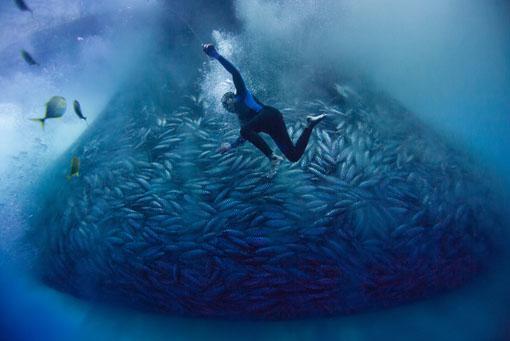 Overfishing by Alex Hofford[/caption] If we are motivated to protect the ocean and preserve the fish that live within it we have to organise to stop fishing fleets and create large-scale marine reserves that are policed. The tools we have to do this are limited. We can occupy the land and boats of the fleets to stop them sailing but we have seen how governments will violently protect corporate interests. Is anyone going to try something similar in Russia any time soon? Anyway, if one corporation is stopped another will step up to seize the resource. We need to get to the heart of the problem and change the rules of the game. If we pull back into space we clearly see the problem. The algorithms determining the functioning of the human superorganism are out of sync with our planetary circumstance. The dials are still set as if we were small and growing into an abundant and limitless frontier - like back in 1831 when Darwin sailed on the Voyage of the Beagle. There were only one billion humans on the planet and everywhere they stopped they were met by the extraordinary wildlife of a thriving biosphere. 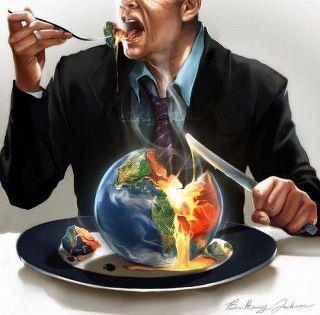200 years of human population growth compounded with surging levels of consumption have created a very different planet. The cavernous excavations of natural systems have left them teetering on the brink, meanwhile, the wealth-concentrating function of corporations has created a remote elite with vast hoards of capital running organisations that span the world and answer to no one. We need to adjust the controls of our superorganism so that it: stops expanding outwards, consumes less, functions more efficiently and produces less pollution. We can achieve this by, for example, shifting to an interest-free monetary system, limiting the economy, giving legal rights to natural systems and passing global treaties to limit pollution and ban war. To achieve these ends we must address governance issues and politics.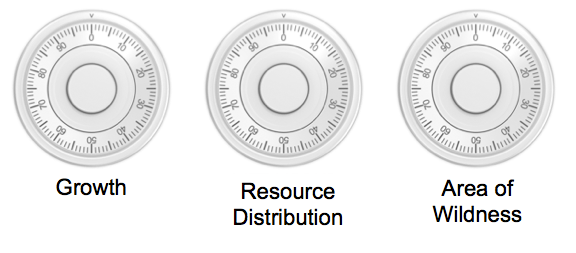 It isn’t just naive to think changing the behaviour of some individual ants will fix this situation it is disastrous because to protect what is left of nature we need to move quickly and decisively. This is the problem with environmental organisations that solely emphasise lifestyle changes - they distract us from the main causes of harm and let the powerful off the hook. If we have reached the conclusion that our politicians have simply become administrators for large corporations and will work to concentrate wealth further even while the planet dies then surely then answer isn’t to back off and leave them to it!? If politicians are banqueting with bankers on the bones of our dying world lets not retreat into a muggy haze of personal self-development. Lets not kid ourselves that individual actions are enough. We have to get organised and change the system - that's called politics. 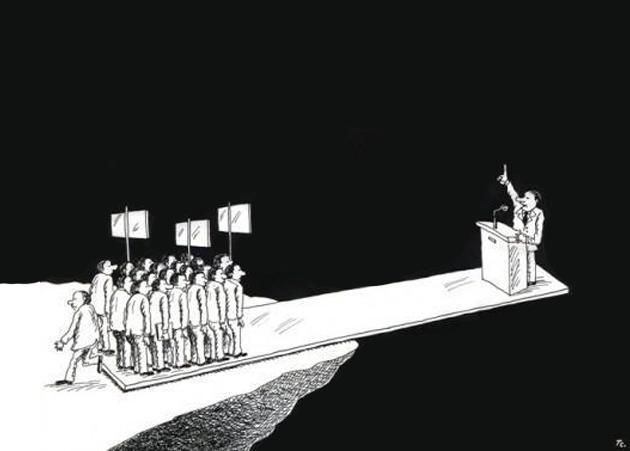
Technology
Why eating less fish won’t work
To stop overfishing we have to get organised and change the system.

Stay connected with other changemakers.
You just read Why eating less fish won’t work.
Sign up to stay in touch.
Every week you'll get:
- One dead-simple Nudge that saves money + cuts CO₂
- Monthly Swap challenge with action buddies
- Ad-free site + early access + exclusive community
First 150 members lock in lowest price forever + get the printed manifesto shipped free.



